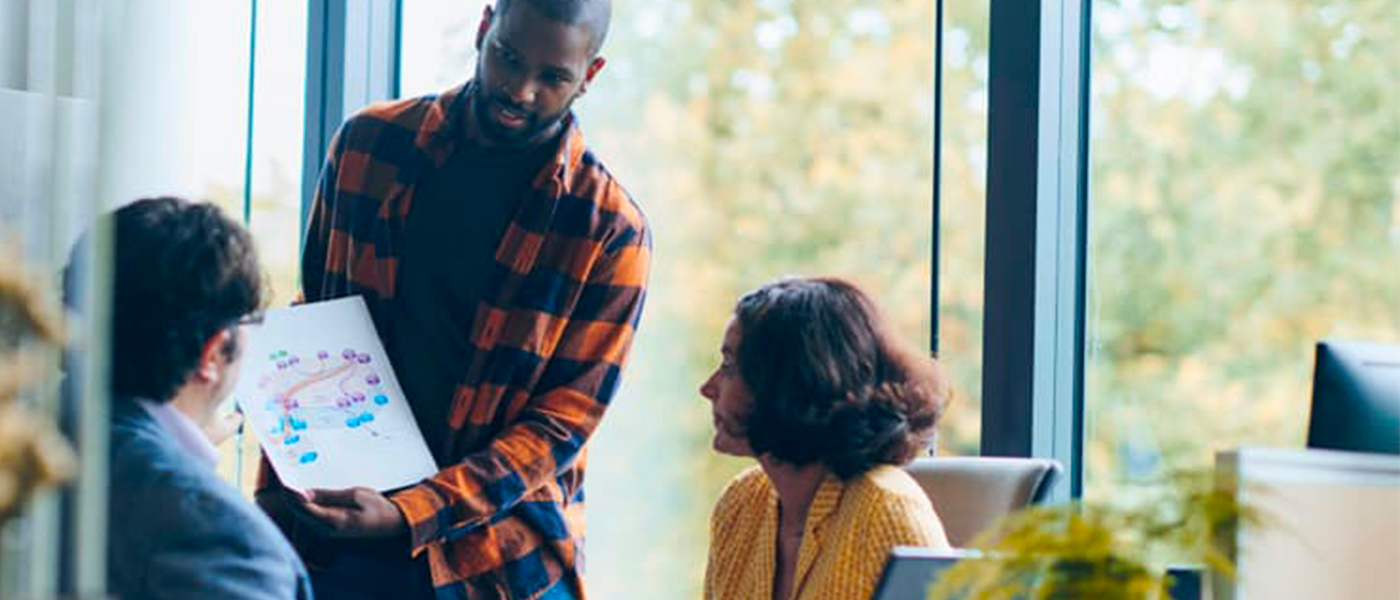
Foundation
Founded in 2005 by Martin Bouygues to promote equal opportunity for all, the Francis Bouygues Foundation supports motivated and deserving school leavers from low-income families so that they can pursue long-term studies and fulfil their ambitious career goals.
Francis Bouygues Foundation
I’ve always found it grossly unfair that gifted and hard-working young people should be prevented from studying due to social or financial reasons.
Chairman
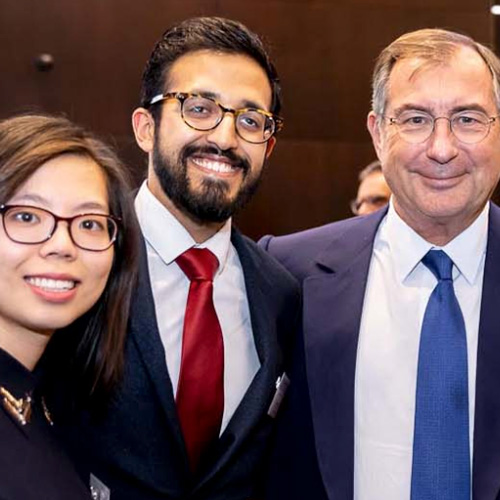
Patronage
The Bouygues group contributes to the economic and social development of the regions and countries where it operates through economic and community initiatives as well as through patronage.
Since 2001, the patronage policy of Bouygues SA, the parent company of the Bouygues group, has focused on the themes of education, healthcare, humanitarian and environmental initiatives.
Education
The Bouygues group has reaffirmed its commitment to education by supporting 11 non-profits working to help students in difficulty in 2023, such as Ma Chance Moi Aussi, Pierre Claver, Pour que l’esprit vive, Institut Louis Germain, Im’pactes and Fonds Etienne Fatôme.
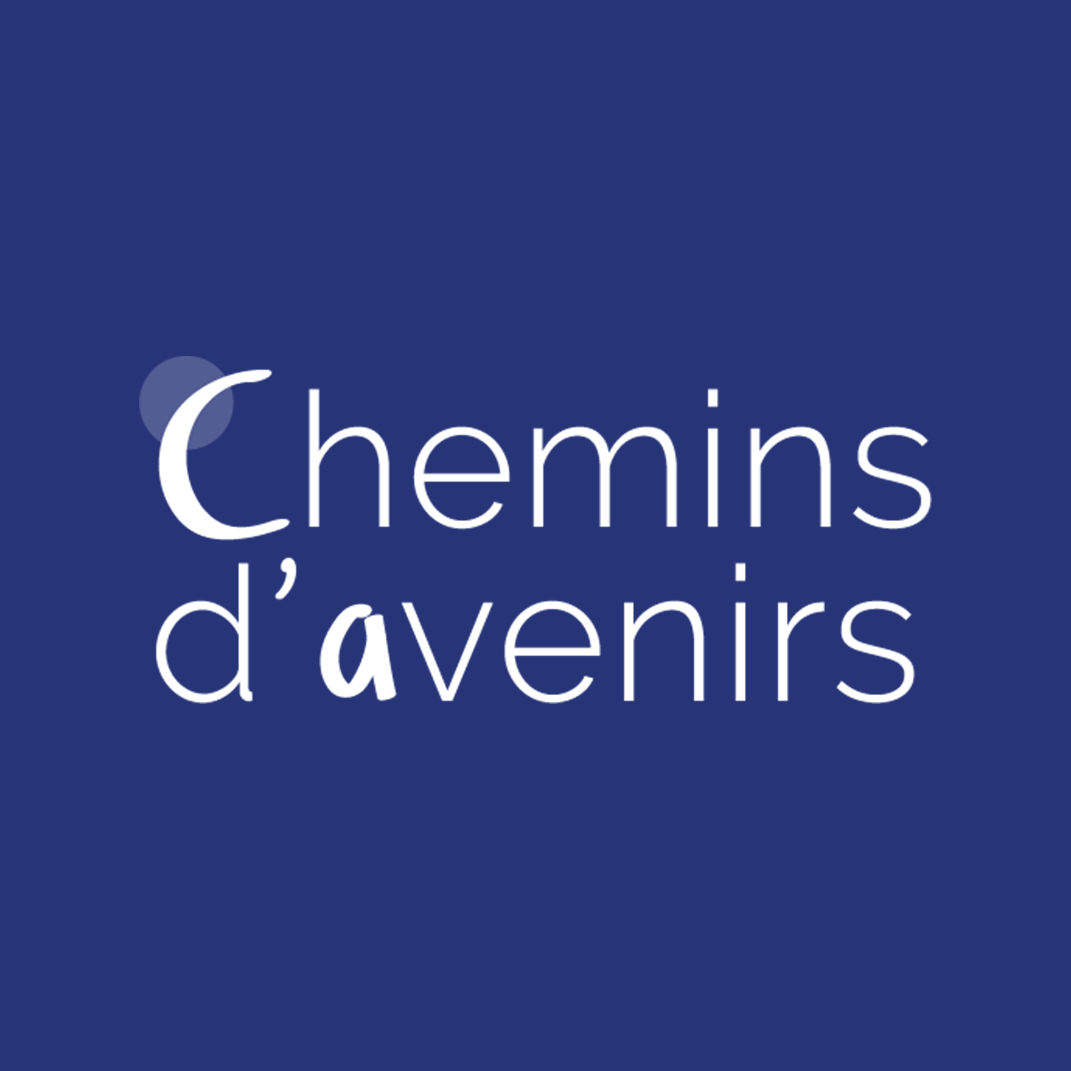
ASSOCIATION CHEMINS D’AVENIRS
Founded in 2016, “Chemins d’Avenirs” works to unlock the potential of young people living outside France’s major urban areas. It informs and assists students from secondary to university level in rural areas by providing mentoring and building an ecosystem focused on academic success. Bouygues has provided financial support to “Chemins d’Avenirs” since 2022.
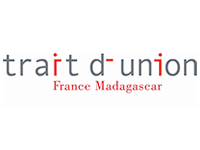
TRAIT D’UNION FRANCE MADAGASCAR
Created in 2000, “Trait d’Union France Madagascar” works to encourage reading amongst Malagasy children and families by sending new French language books to Madagascar and distributing them to rural libraries. Bouygues has provided financial support to “Trait d’Union France Madagascar” since 2011.
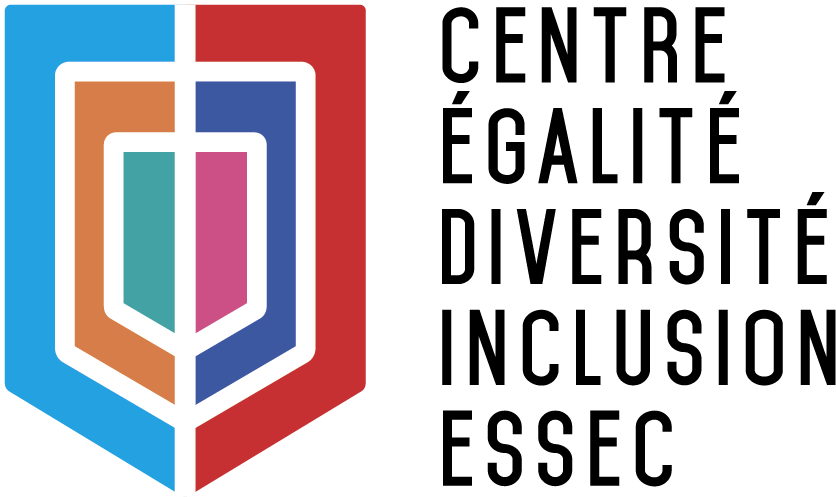
ASSOCIATION GROUPE ESSEC – programme d’égalité des chances
ESSEC’s equal opportunities programme “Une grande école: pourquoi pas moi?” provides young high-potential students in France’s ZEPs (Priority Education Zones) with personalised tutoring that gives them a clearer understanding of the possibilities and functioning of higher education and enables them to choose the course of study that best suits their potential. Bouygues has provided financial support to Groupe Essec since 2016.
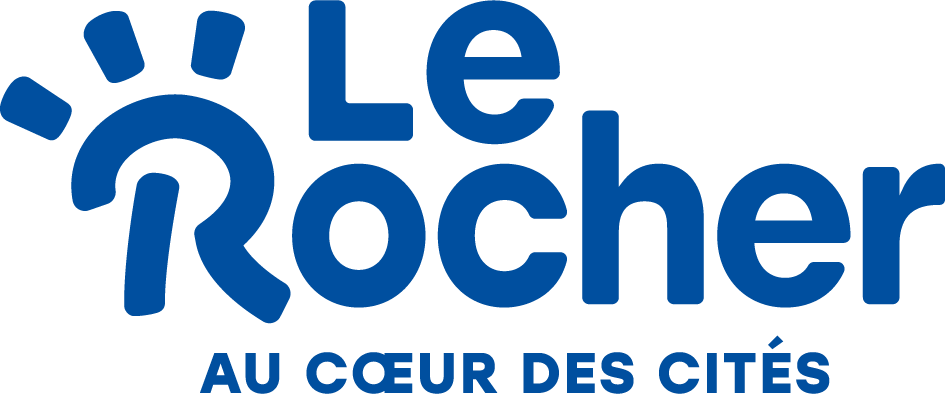
ASSOCIATION LE ROCHER OASIS DES CITES
For 20 years now, members of “Le Rocher Oasis des Cités” have gone to live in so-called “priority” urban areas around France. They work with local residents to set up educational, social and cultural programmes designed to help the children and families living in these neighbourhoods.
Bouygues is providing funding fora project for 410 children and their families aimed at reducing school drop-out rates. The project aims to enhance education-related activities, notably by using new approaches and training programmes both for young people and members of the non-profit. Bouygues has provided financial support to “Le Rocher Oasis des Cités” since 2018.

ASSOCIATION COUP DE POUCE
“Coup de Pouce” has received certification from the French Ministry of Education as an educational body for public learning. It works to prevent children from dropping out of school at a young age.
Bouygues is providing funding to set up “Clubs Coup de Pouce” (workshops held both inside and outside school hours) for children from around five to seven years old who have been identified as struggling with learning and who need to build confidence in their own abilities. Bouygues helped 300 children and their parents on the path to success during the 2022-2023 school year. Bouygues has provided financial support to “Coup de Pouce” since 2016.
Environment
In 2021, the Bouygues group extended its three existing patronage initiatives to include the environment. Targeted projects fall within the scope of research activities, grassroots climate support initiatives and awareness-raising about the ecological transition.

ASSOCIATION PLANTEURS D’AVENIR
“Planteurs d’Avenir” is a non-profit that aims to create a network of participative tree nurseries to support agroforestry. It is present in the Nouvelle Aquitaine region of south-west France, where it has launched a pilot nursery to kick-start the production cycle and tree planting.

SCIENTIFC RESEARCH ON HUMID HEAT WAVES
Founded in 1901, the non-profit French National Commission for Unesco exists to strengthen France’s intellectual contribution to Unesco and to promote Unesco’s work within French society.
Bouygues is providing funding for research on humid head waves. This research project aims to develop robust drivers that will encourage countries to act against climate change.
According to the Commission, current research into climate change completely overlooks the phenomenon of ‘uninhabitable zones’, which are expected to become a reality in the future under the effect of humid heat waves. When combined with increased humidity, even relatively low temperatures of 35° to 40° can prevent the human body from sweating. Based on the current upward trajectory for CO2, some areas of the planet (mainly in south-east Asia) will become inhabitable for several weeks of the year some time between 2030 and 2040. The potentially-affected population runs into hundreds of millions.
The French National Commission for Unesco proposes to start new research that will produce detailed maps for all affected countries using data provided by IPSL-linked research units. (IPSL acts as a hub for climate scientists across France.) Bouygues has provided financial support to this research since 2021.

ASSOCIATION CONVENTION DES ENTREPRISES POUR LE CLIMAT
“Convention des Entreprises pour le Climat” is a public-interest non-profit body that aims to raise awareness among decision-makers and transform the way they think. The aim is to transform what are currently our extractive economies into regenerative ones by 2030.

FONDATION DE LA MER
“Fondation de la Mer” supports those who campaign for oceans to receive sustainable protection and to be exploited with prudence and foresight. It currently supports hundreds of local players and implements its own programmes to protect marine biodiversity, fight against pollution and support research, etc. Bouygues wants to play a role in the fight against the dumping of waste in the oceans.
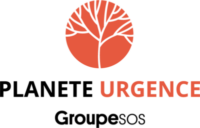
PLANETE URGENCE
Created in 2000, “Planète Urgence” is a public-interest, non-profit body that promotes international cooperation and development aid. Its mission is to promote action in favour of development in general but also the development of specific communities with a focus on protection for forests and biodiversity, thereby making these communities more resilient and self-sufficient. It is active in seven countries: Indonesia, Cambodia, Cameroon, Benin, Madagascar, Peru and Ecuador.
Bouygues is providing funding for a reforestation project to plant 40,000 Tapia trees in the Itasy region of Madagascar. The Tapia project aims to preserve the natural Tapia forests that exist on the island.
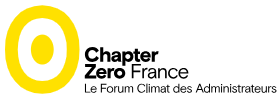
ASSOCIATION CHAPTER ZERO FRANCE
“Chapter Zero France” is a public-interest non-profit made up of non-executive directors, senior executives and experts who want to place the climate crisis firmly on the agendas of company boards.

ASSOCIATION TERA
TERA’s mission is to revitalise rural areas in France and improve the lives of its most vulnerable inhabitants. Along with its partners – which include Bouygues – it has launched the construction of France’s first “Rural Neighbourhood in Transition” in the village of Lustrac, near Trentels in south-west France. The aim of the project is to grow healthy food, generate renewable energy, to have its own supply of drinking water and to build low-carbon buildings for around 30 people.
Humanitarian aid
In field of humanitarian aid, in 2022 the Group supported seven non-profits that seek to support and/or provide accommodation to people in psychological or financial difficulty, or who have a disability or illness.
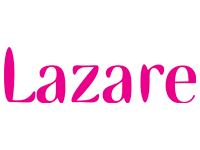
LAZARE
Created in 2011, “Lazare” is a non-profit that creates living spaces where homeless or socially-isolated people can live side-by-side with young socially-integrated working people. It currently has 12 such houses in 11 towns, some of which are outside France (Belgium, Switzerland, Spain and Mexico). Bouygues has supported “Lazare” since 2015.
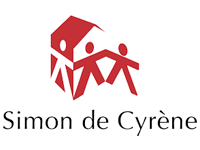
SIMON DE CYRÈNE
The non-profit “Simon de Cyrène” was founded by Laurent de Cherisey and has created spaces where people with disabilities can live in independent studio apartments within larger houses that are shared with able-bodied people. Each Simon de Cyrène community hosts an average of 60 people in a shared house or apartment building, 30 of whom are able-bodied and 30 of whom suffer from a disability as a result of a life shock (head injury, stroke, etc.). The aim is to help them learn to live with a serious disability and become independent.
Bouygues is providing funding to build shared housing in Pibrac, near Toulouse. These three houses will be shared by around 18 disabled people and 15 able-bodied individuals. Bouygues has provided financial support to “Simon de Cyrène” since 2006.
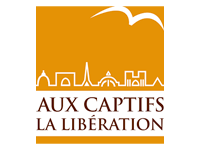
AUX CAPTIFS, LA LIBÉRATION !
Created in 1981, “Aux Captifs la Libération” helps homeless people who are victims of sexual exploitation or who are in treatment for addiction. Based in Paris, this non-profit provides full-time services helping women victims of sexual exploitation to enjoy friendly, non-threatening spaces as well as to attend workshops on art, health and sewing or to go on cultural visits. Bouygues has provided financial support to “Aux Captifs la Libération” since 2019.
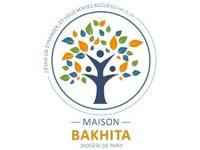
MAISON BAKHITA
Maison Bakhita is a non-profit resource centre dedicated to helping migrants and refugees to integrate into French society.
Bouygues is providing funding to create a professional-level skills training programme in cooking. This will consist of a long-term training course and the possibility for those students who obtain a sufficiently high level at the end of the course to pass a professional chef’s exam. Bouygues has provided financial support to “Maison Bakhita” since 2021.

ASSOCIATION ACAY
“ACAY” is a non-profit working in the Philippines since 1997 via the “School of Life”, which hosts 224 girls who are victims of sexual abuse or homeless. It also offers an occupational integration programme for juvenile delinquents who have spent time in prison and a programme to help develop parenting skills. Bouygues has provided financial support to “ACAY” since 2022.
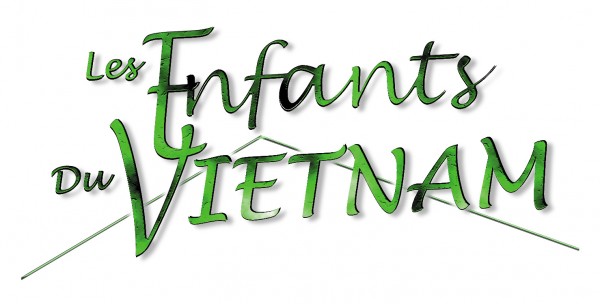
ASSOCIATION LES ENFANTS DU VIETNAM
“Les Enfants du Vietnam” is a public-interest non-profit organisation. It provides material and humanitarian assistance to the most vulnerable people in Vietnam, with priority going to children. With help from Bouygues, it has completed the construction of a new primary school in the village of Bich Tri in northern Vietnam, which eventually aims to host 200 children.
Bouygues has provided funding to build a new primary school in the village of Hon Thieng, in southern Vietnam. This new school will enable 120 children from the village to learn in good conditions. Bouygues has provided financial support to “Les Enfants du Vietnam” since 2016.
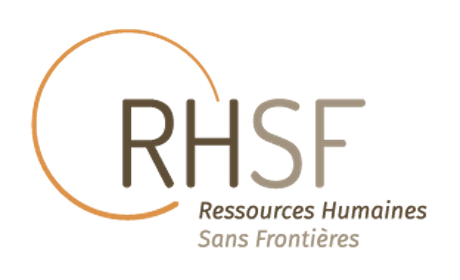
FONDS DE DOTATION RH SANS FRONTIERES
The aim of the “RH Sans Frontières” endowment fund is to finance and implement initiatives directed against forced labour, child labour and poor working conditions in general. Bouygues supports the fund, thereby boosting its work to defend human rights.
Healthcare
The Bouygues group has provided support to eight non-profits working in medical research in 2023.
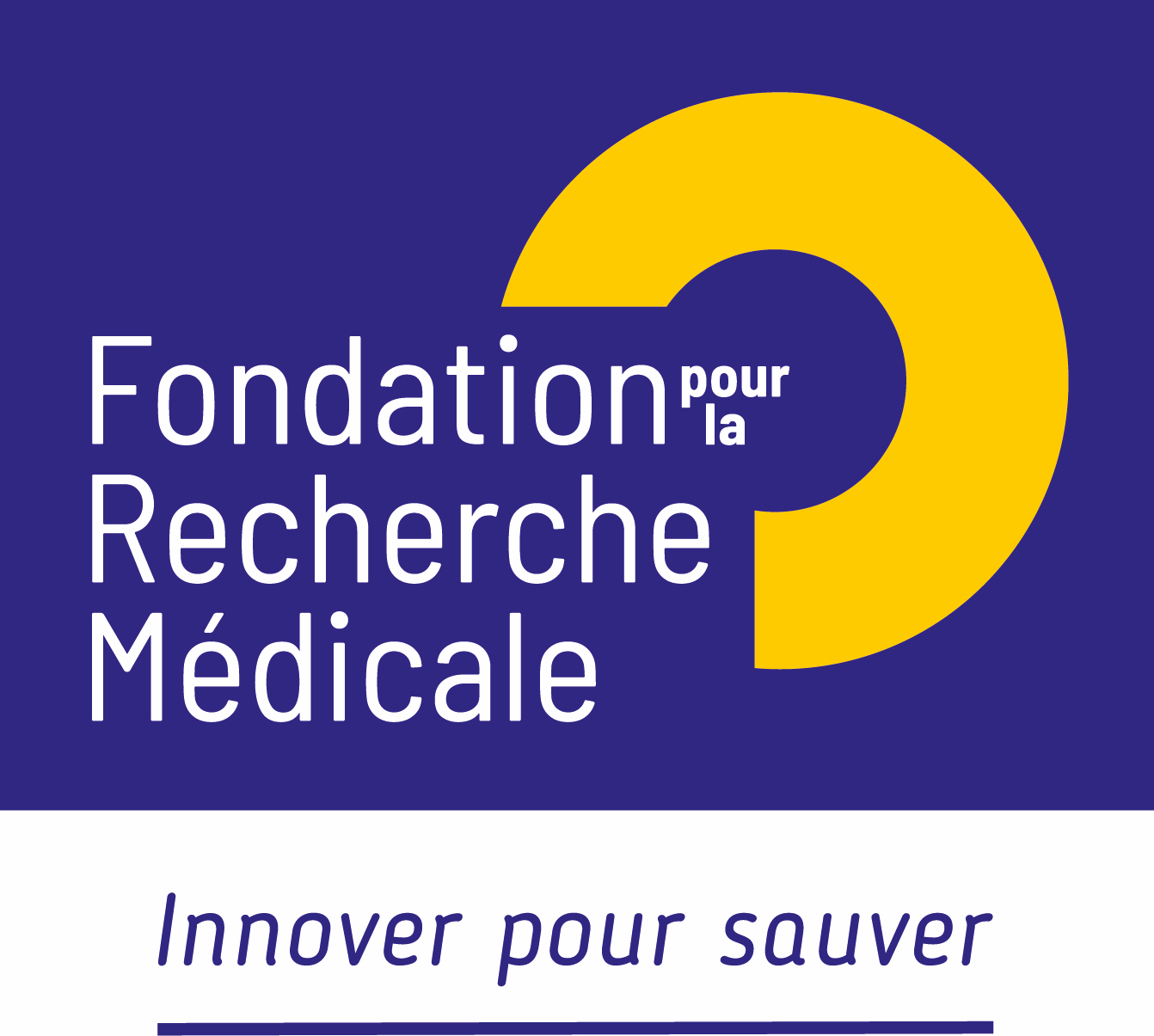
FONDATION POUR LA RECHERCHE MEDICALE
Active in the fields of health and research for over 75 years, “Fondation pour la recherche médicale (FRM)” is the biggest charitable donor to French medical research into a range of diseases. FRM has public-interest status and has ‘Don en Confiance’ (donate in confidence) certification. It selects and supports innovative research projects with the potential to advance knowledge of all pathologies such as cancers, neurological diseases and heart disease.
Bouygues is providing funding for the following research project: “Offering a new approach to treating centronuclear myopathy” led by Jocelyn Laporte, researcher, director of research for Inserm (French National Institute for Health and Medical Research) at the IGBMC (the Institute for Genetics and Molecular and Cellular Biology in Strasbourg). The project aims to improve our knowledge of centronuclear myopathy, which is a congenital disease. The condition is characterised by gradually deteriorating muscles caused by anomalies in the internal cell structures of skeletal muscles. Bouygues has provided financial support to FRM since 2019.

FONDS DE DOTATION HELEBOR
Founded in 2011, the “Helebor” endowment fund works to develop palliative care in France and improve quality of life for terminally ill people and their families.
Bouygues is providing funding for the following project: “Care for phantom pain” among children and adolescents with bone cancer. Bouygues has provided financial support to “Helebor” since 2022.

IHU ICAN
IHU ICAN is a research centre within La Pitié Salpêtrière hospital in Paris. Its aim is to develop personalised treatments for patients suffering from cardio-metabolic diseases such as heart disease, and diabetes.Bouygues is providing funding for research for the PEGASE programme at IHU ICAN. The aim is to increase the number of transplants by extending the period during which a heart can be used after removal from the donor, by using an ex-vivo perfusion device that preserves the heart until the transplant.
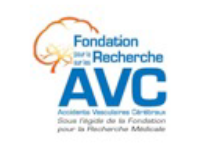
FONDATION POUR LA RECHERCHE SUR LES AVC
“Fondation pour la recherche sur les AVC” works to support research into neurovascular diseases, notably cerebrovascular accidents, more commonly known as strokes.
Bouygues is providing funding for research by Doctor Julien Chuquet: “Preventing and reducing patient loss of autonomy after stroke”. The aim is to improve the quality of life of stroke victims. Bouygues has provided financial support to this foundation since 2015.

FONDATION RETINA
“Fondation Retina” works to improve support for medical and ophthalmological research and to help people with visual impairment. Each year, this foundation supports between seven and eight research projects that are selected by a scientific committee.
Bouygues is providing funding for research by Doctor Sacha Reichman (Institut de la vision in Paris): “Research into treatments for retinitis pigmentosa”. These are rare hereditary diseases that lead to an irreversible loss of sight and affect around 40,000 people in France. Bouygues has provided financial support to the foundation since 2019.

FONDS DE DOTATION HANDILAB
The “Handilab” endowment fund was created to organise events and awards ceremonies that recognise noteworthy innovations and to support technological advances that promote inclusivity and the creation of a space devoted to developing innovative services for the disabled. This space brings together companies like Bouygues, start-ups, training centres, research labs and non-profit organisations. Bouygues has provided financial support to Handilab since 2022.

FONDATION AMIPI – BERNARD VENDRE
“Fondation AMIPI – Bernard VENDRE” works to help mentally-disabled people improve their intellectual capacity and to take their place in society by gaining employment in ‘normal’ conditions. Bouygues has provided financial support to “Fondation AMIPI – Bernard VENDRE” since 2021.
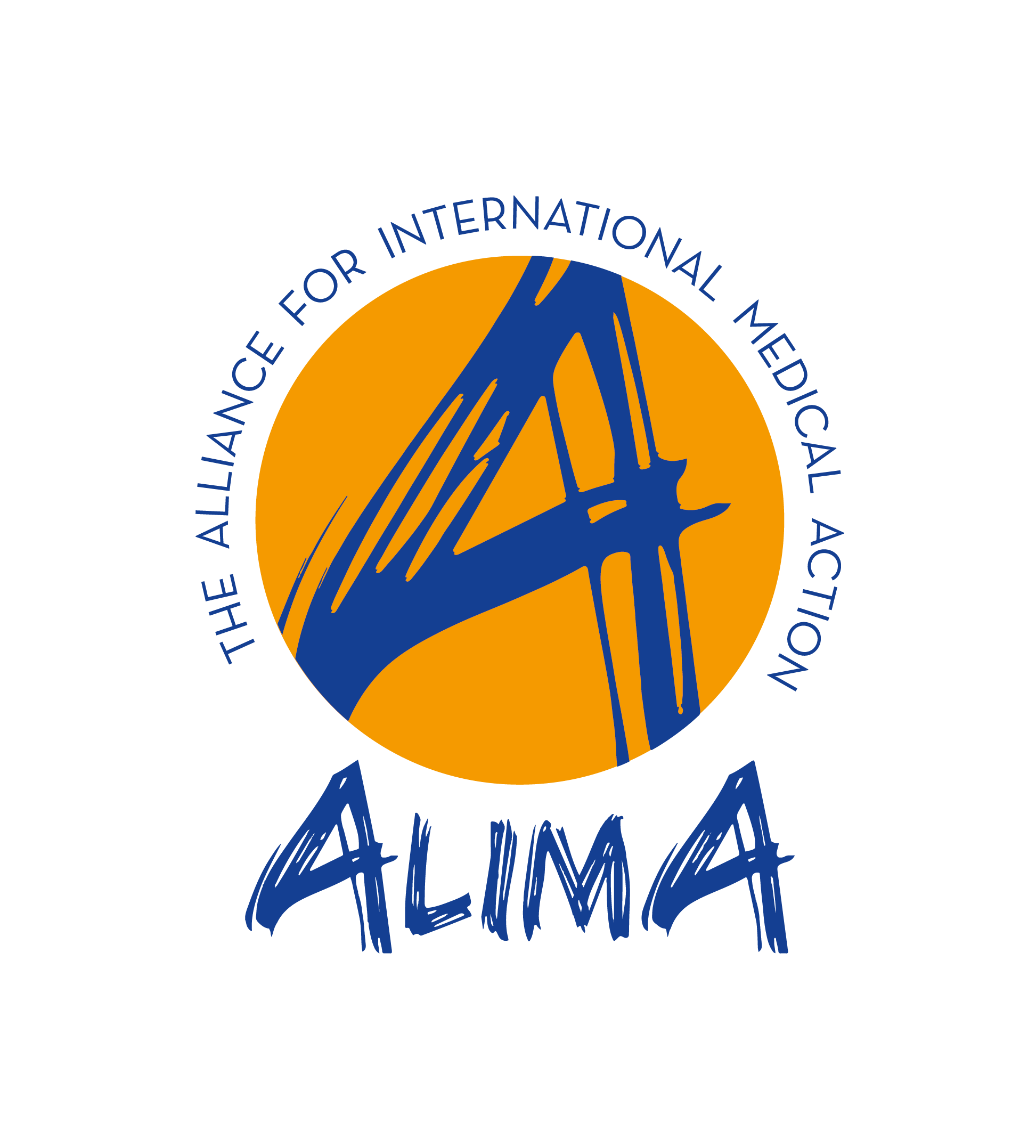
ASSOCIATION ALIMA
Founded in 2009, “ALIMA” is a medical alliance of doctors, local non-profits and researchers who are working to significantly improve the efficiency of humanitarian medicine and thereby provide better protection to populations against the health crises of the future. Active in 12 African countries, ALIMA has already completed over 30 medical research programmes. Bouygues has provided financial support to “ALIMA” since 2017.
CONTACT